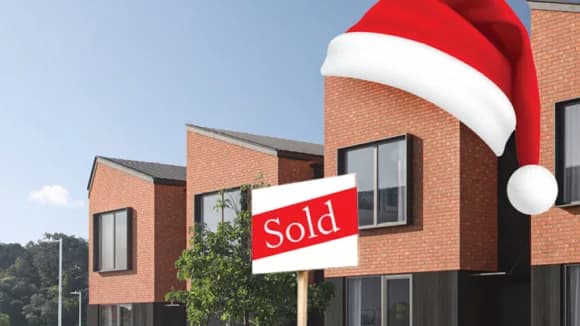How is this data calculated? Read about whether Christchurch house prices are undervalued here.
Pro #2 Christchurch properties are affordable
Christchurch is home to some of the most affordable properties in the country.
The average house value in Christchurch is $732k.
That compares to $921k for the rest of New Zealand (CoreLogic, May 2023). So, on average, Christchurch property prices are 20%+ cheaper than NZ as a whole.
In some cases you can buy a New Build investment property in Christchurch for $540,000.
Pro #3 Good rental yields
Because Christchurch property prices are more affordable, they tend to have higher yields.
What are the cons of investing in Christchurch?
While properties in Christchurch are cheaper, they also come with cons.
Property prices aren’t likely to increase as quickly compared to Auckland.
It costs more ($500 - $1,000) to insure a house in Christchurch than in Auckland or Hamilton, although insurance costs will still be lower than in parts of Wellington.
Some investors worry there are too many New Builds under construction in Christchurch. They fear an oversupply, and although we would dispute that fact, it’s still a real worry for some investors.







